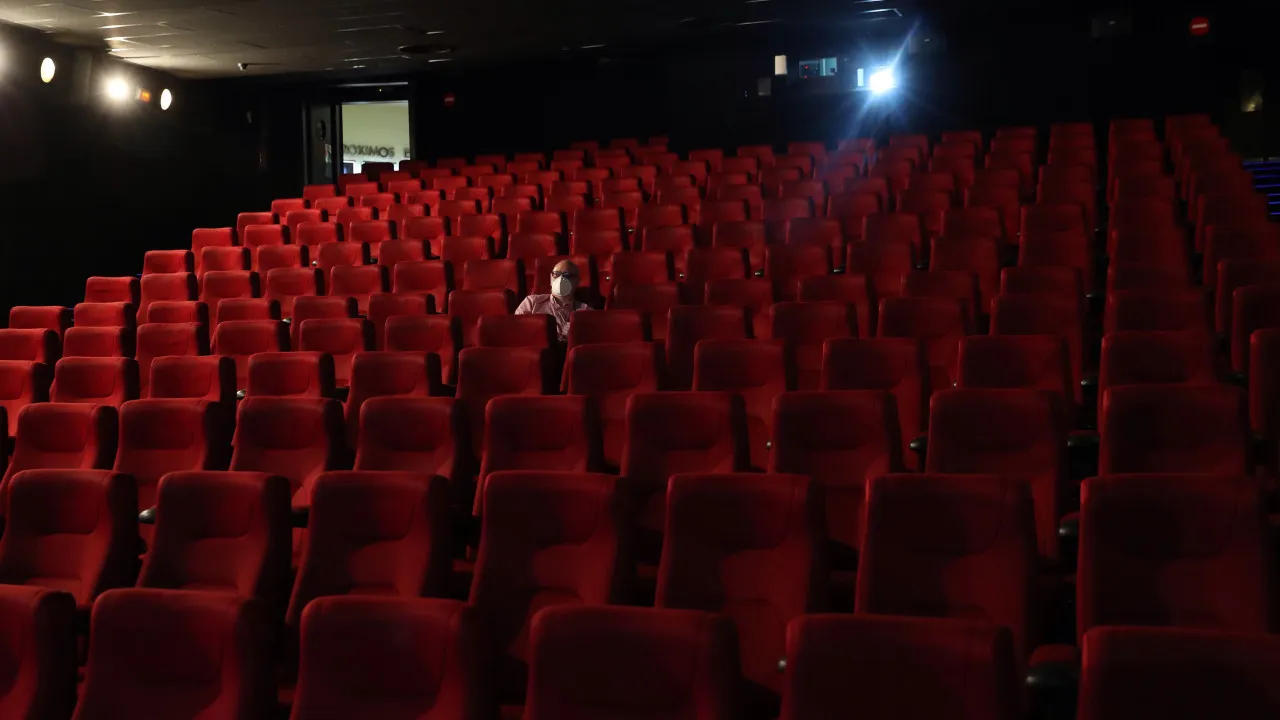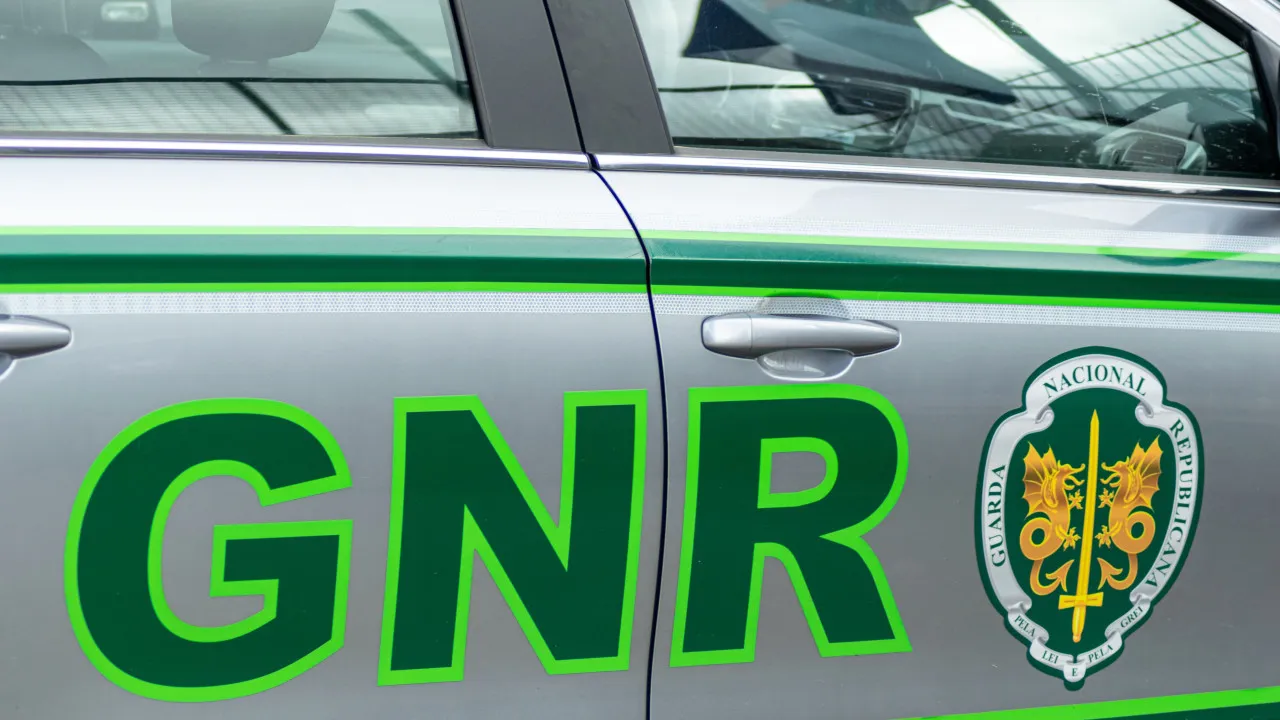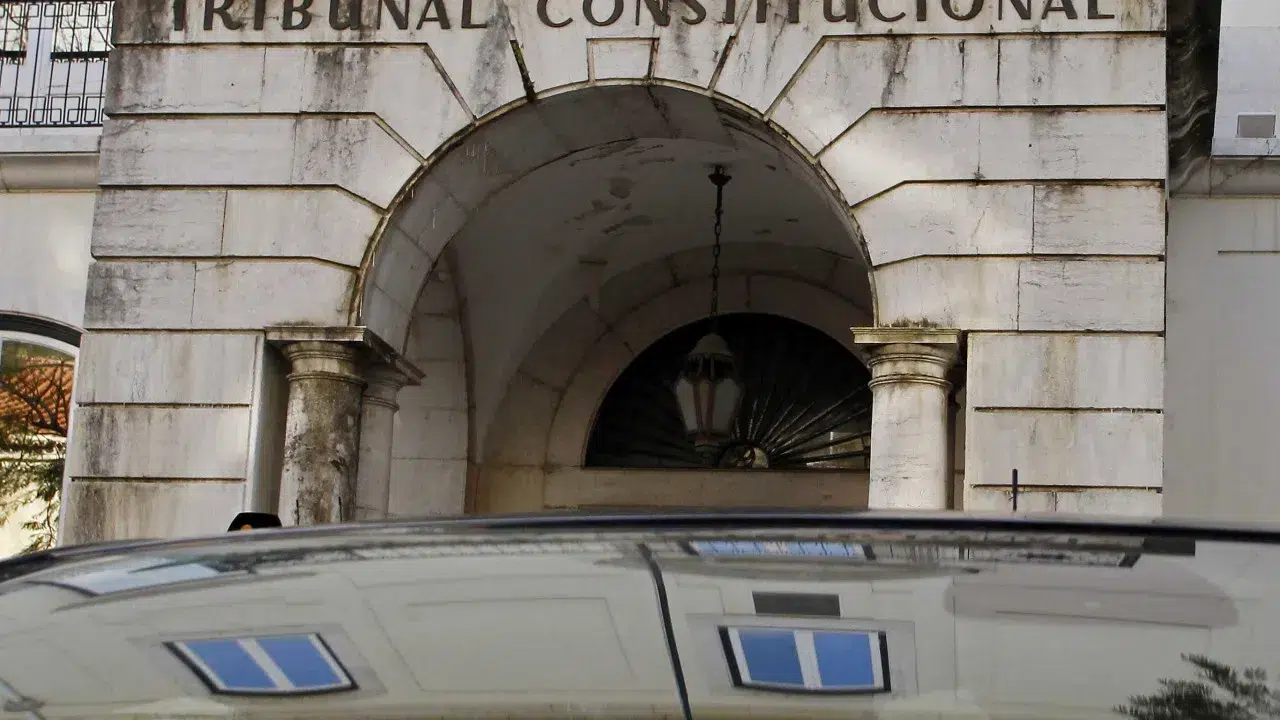
The socialist emphasized that Europeans must recognize that, due to the current economic and tariff war initiated by Trump, the transatlantic relationship is “not going back to what it was,” and they should not be “passive agents” towards the U.S. government.
“We must be aware that we have a huge strategic dependence on the U.S. It’s important to be responsible and prudent,” stressed Vitorino during the conference “An Atlanticist Vision of Portuguese Foreign Policy: The Legacy of Mário Soares and the Challenges of the Future,” held in Lisbon and organized by the Instituto Diplomático. This event is part of the centennial celebrations of Mário Soares’ birth and the 40th anniversary of the Luso-American Foundation for Development (FLAD).
The former European Commissioner noted that it is inevitable for the level of transatlantic economic relations to decline, though it may not be permanent: “Starting from average rates of 7%, according to specialists working with algorithmic models, we must prepare for average rates between 10 and 17%.”
“A trade shock is coming, and we must prepare for this shock by finding alternative markets. But pragmatically, no available market is a substitute for the American market,” he stressed during a panel discussion that also featured General João Vieira Borges and historian David Castaño, moderated by Luísa Meireles, director of information at the Lusa news agency.
Regarding the Portuguese economy, Vitorino stressed the need to “persist in the American market,” highlighting “vital sectors” such as wine.
He also pointed out a “very concerning” recent report from the European Central Bank (ECB), stating that “Europe may feel more impact from U.S. tariffs in relation to third-party markets than from its bilateral relationship.”
António Vitorino’s call for pragmatism in EU-U.S. negotiations relates to the onset of Russia’s invasion of Ukraine in February 2022 and the “restructuring of access to Russian energy sources.”
“It has been decreasing, less than claimed, [but] we currently depend on the U.S. for 45% of our natural gas imports. When discussing European autonomy, it’s important to be very realistic and pragmatic and understand that life extends beyond tariffs,” he stated.
António Vitorino, who has been suggested as a potential candidate for next year’s presidential elections, also addressed digital services, a topic he considers to lie beyond economic relations and to be “more serious than that.”
“Europe is caught between the only existing digital platforms, which are American and Chinese. We can only blame ourselves, and either we take this European void in this crucial matter very seriously, or what is at stake is not only the problem of digital transition but the guarantee of safeguarding and preserving the European liberal democratic space and our own democracy,” he concluded.




